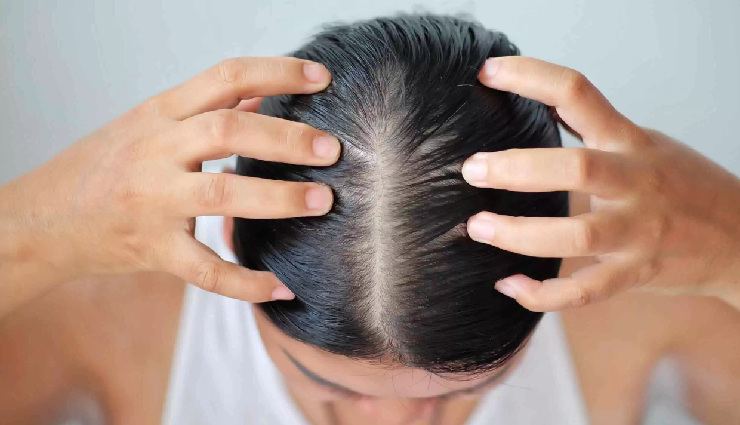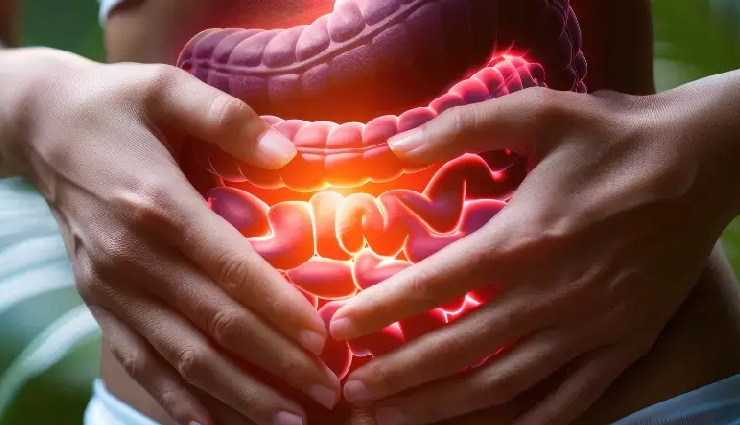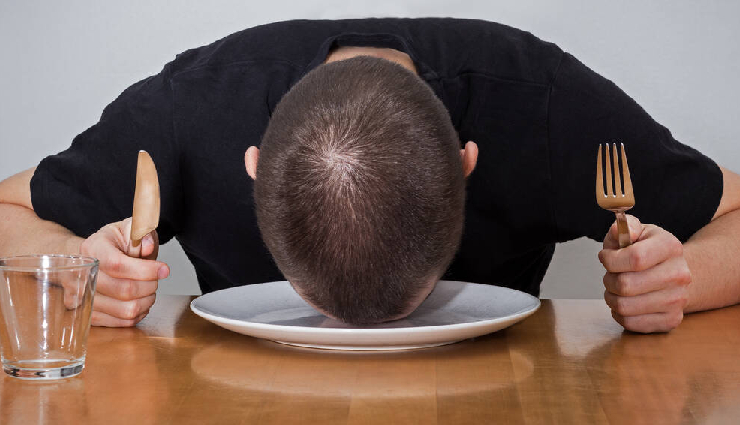- Home›
- Healthy Living›
- 10 Changes That Happen To Your Body And Mind When You Don't Eat Enough Food
10 Changes That Happen To Your Body And Mind When You Don't Eat Enough Food
By: Sandeep Gupta Fri, 06 Dec 2024 8:34:52

It's well-known that eating enough is essential for your body to function properly and maintain good health. But what happens when you don't eat enough? There are several side effects of malnutrition. While many of us know that overeating can lead to obesity and health issues, it's equally important to understand that not eating enough can also cause significant health problems.
For optimal physical and mental health, your body needs three balanced meals a day. Unfortunately, many people skip meals, often due to busy schedules or dieting. Some follow fad diets in an attempt to lose weight and get in shape, but skipping meals is never a healthy choice.
Frequent meal skipping can weaken your immune system, making you more susceptible to infections and illnesses. Nutritionists consistently stress that starvation is not an effective way to lose weight. In fact, it may lead to weight gain, as the body tends to overeat once the starvation period ends.
It's crucial to provide your body with the necessary carbohydrates and micronutrients every day. Think of it this way: what happens to your car if it runs out of fuel? It breaks down. Similarly, your body needs fuel to function properly.

# Blood Sugar Fluctuations (Low Energy)
When you eat, your body converts carbohydrates into glucose to provide energy. A steady supply of glucose is necessary for proper bodily function. However, when you starve, your body lacks glucose, causing blood sugar levels to drop significantly. This can lead to headaches, fatigue, sluggishness, and difficulty concentrating. Over time, fluctuating blood sugar levels may contribute to heart disease.

# Constipation
Starving your body means depriving it of essential nutrients, including fiber. Without fiber, constipation can occur, causing stools to become hard and infrequent as food intake decreases.

# Insomnia
During starvation, your body burns fat for energy instead of glucose. As insulin levels drop, your body produces more of the enzyme orexin, which temporarily boosts energy. Additionally, starvation triggers the release of excess adrenaline, making it difficult to fall asleep.

# Hair Loss
Hair is primarily made of protein, but it also needs calcium, iron, and healthy fats to stay strong. When these nutrients are lacking, your scalp can become dry, and hair follicles may loosen, leading to excessive hair loss.

# Anger and Irritation
Have you ever noticed you're more irritable or angry on certain mornings? Skipping meals, especially breakfast, can cause this. Hunger lowers serotonin levels in the body, making it easier to feel upset or angry.

# Digestion Problems
Not eating enough can also disrupt your digestive system. When you starve, your gastrointestinal tract shrinks, making it harder to process a normal diet. Stomach acid production decreases, and prolonged starvation can even stop enzyme activity, requiring medical treatment to restore normal function.

# Constant Hunger
Feeling hungry throughout the day may indicate you're not eating properly. Severe calorie restriction can increase appetite and cravings due to hormonal changes that regulate hunger and satiety. Your body sends signals to your brain, making you feel constantly hungry.

# Difficulty Getting Pregnant
Studies show that people who under-eat or starve themselves may struggle with fertility, often due to irregular periods. Inadequate nutrition can lead to low iron levels, which can disrupt the menstrual cycle, making conception more difficult. If you're trying to conceive, it's important to maintain a balanced diet.

# Constant Feeling of Cold
Your body requires a certain number of calories to generate heat and maintain a comfortable temperature. If you're not eating enough, you may feel cold most of the time due to a lack of energy to keep warm.

# Anxiety
Research indicates that anxiety can result from consuming too few calories. It has also been observed in people who follow very low-calorie diets, especially those who are overweight.
Related Stories:
# 19 Foods That Should Be Eaten Raw for Maximum Benefits
# What is Serotonin Syndrome? Major Causes, Symptoms and Treatment





